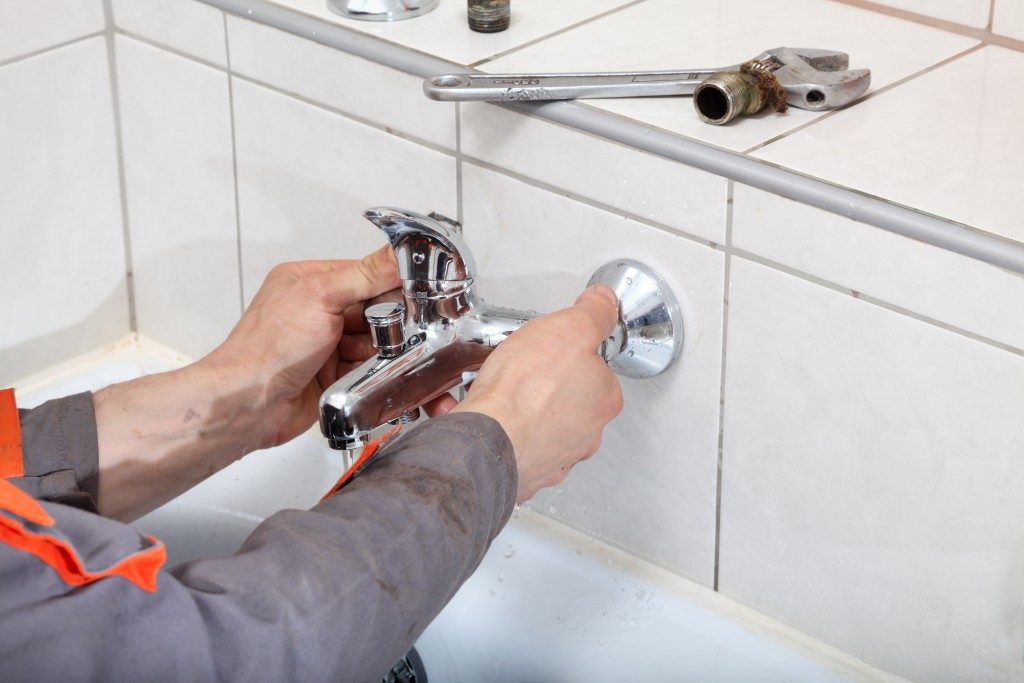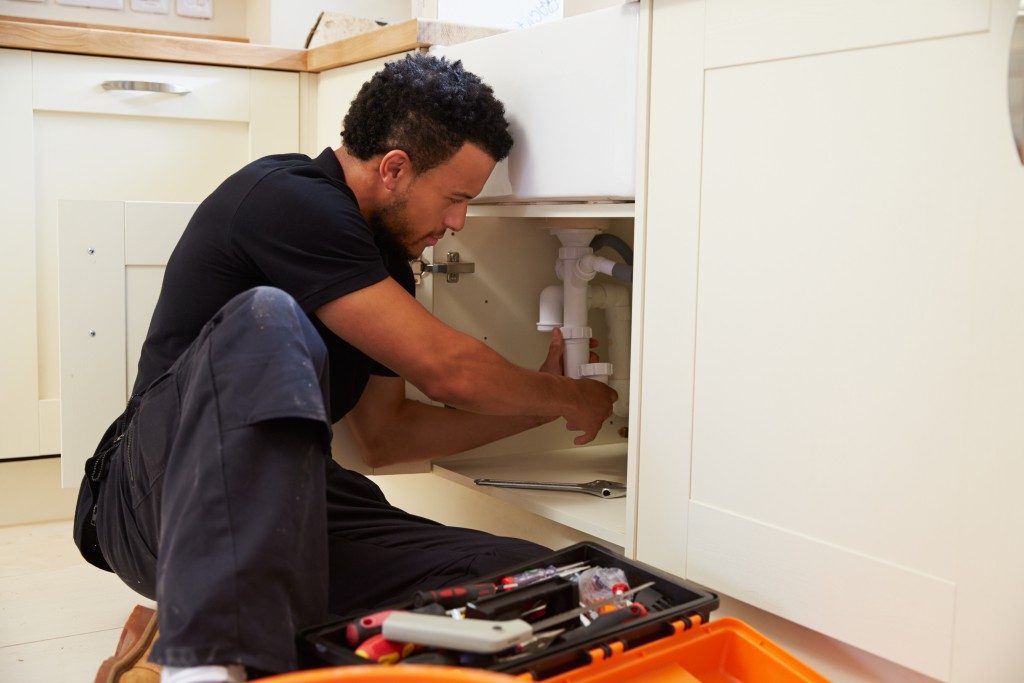“Mama Mia!” said the characters from the Super Mario Bros. game. That can also be you after waking up one night with a burst down pipe while finding your way to the nearest phone and walking around the house on what looks like a movie setting of the Titanic while its sinking.
Plumbers charge fees based on the time of your call for their services, the location, and the extent of damage they need to fix. We are looking at an average of $45 to $200 per hour per plumber, and with services ranging from $172 to $450 at $306 on an average.
Performing regular checks and proper maintenance on your nice and cozy country home can save you from looking and calling out plumbing repair or services in Salt Lake City or around Utah at 3 o’clock in the morning.
Why is plumbing maintenance necessary?
Did you know that your plumbing system makes up 15% of our total home value? Not only does it turns out to be an investment but also plays an important factor in overall hygiene and home functionality. A good, reliable, and functioning plumbing system contributes to you and your family’s overall health, safety, and well-being.
Your home’s plumbing system takes care of clean water coming in and waste coming out, so its efficiency is a necessity. Poor plumbing can spin a whole new level of stress from expenses to poor health. Most of the problems stem from total ignorance of some of the obvious signs of a bad pipe.
Some leaks may go unnoticed until you smell something off, see some stains and water accumulating in areas they shouldn’t be, and hearing drops of water coming from somewhere near when it’s too quiet. Leaks can lead to water damage around your home and each drop of wasted water cost you money over time.
So, what can you do?
Have your plumbing checked at least twice a year, like most plumbers would agree as an average. Depending on how old your house is, or how long you have had your plumbing system, get a good check by hiring a plumber and do a thorough and complete check-up.
However, as a personal precautionary measures, you can do the following to prevent clogs and leaks from happening:
1. Check your water pressure.
It’s nice to have that good water pressure when you take a shower, clean off spaces around your house, and when you water your plants but keep in mind that water pressure takes a toll your pipes too and can increase the possibility of damage that may cause water leaks. Consider installing a pressure gauge to monitor and moderate your water pressure.
2. Install screens on your sink to avoid unwanted debris like seeds and other organic waste from going down your drain.
Use it also on your tubs to prevent hair strands and other small materials that can pile up and cause clogs. Clean them regularly with warm water and re-install or replace accordingly.
3. Don’t rinse down grease and oil down the drain.

They can settle and harden over time congesting or blocking your drains.In times when you need to clear up a clogged drainage, be mindful that commercial available clog solutions carry harsh chemicals most of the time and cause damage to your pipes with continued use. Use precaution when using them or get help if you cannot do it yourself.
Sometimes it would only take a plumber’s snaking procedure to clear them up instead of melting the debris out.
The best way in maintaining your plumbing is being observant and checking right away if you notice anything unusual. If regular checks may require professional help, don’t hesitate to do so – this is actually saving you money more than you know.

